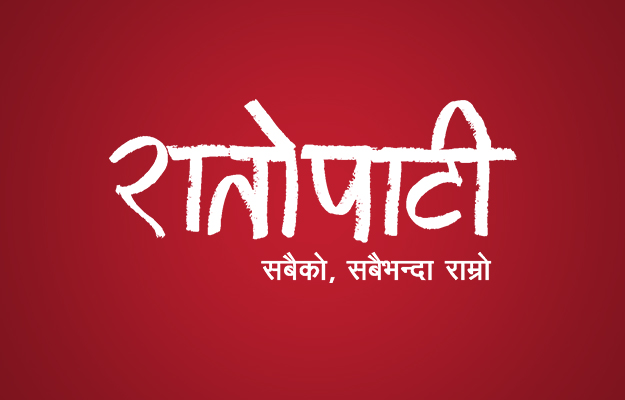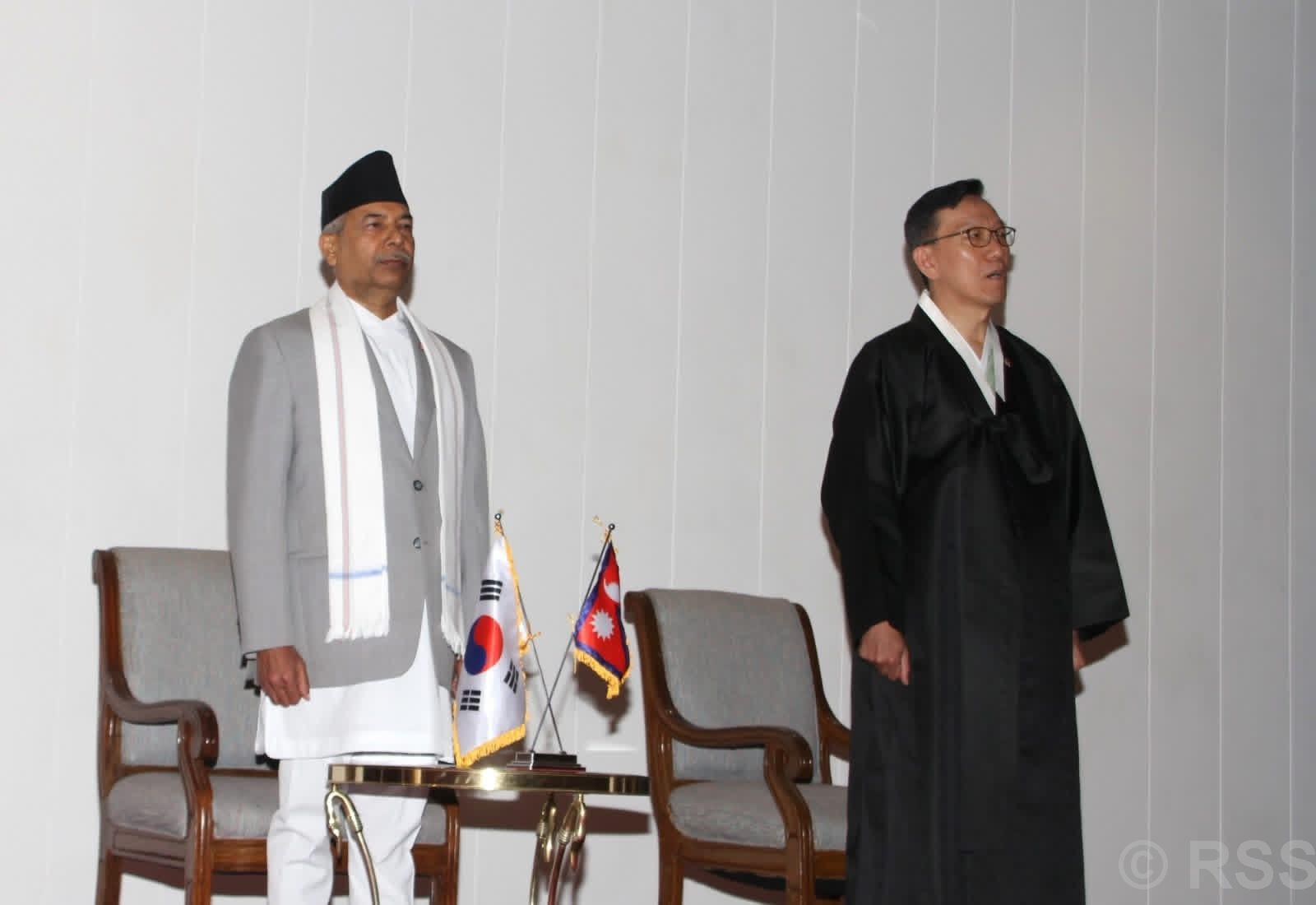Ukraine daily roundup: World leaders show united front at major summits
War in Ukraine: What Ukraine is getting right

It was a busy day of international diplomacy, with several major summits that saw leaders from around the world displaying solidarity with Ukraine.
The Nato defensive alliance, as well as the EU and the G7 group of the world's richest nations held unprecedented emergency summits in Brussels.
Unity and support for Ukraine were the key themes, with leaders pledging military and humanitarian assistance.
Russia, meanwhile, accused the West of wanting the conflict to continue.
"The single most important thing is for us to stay unified and the world to continue to focus on what a brute [Vladimir Putin] is," US President Joe Biden told reporters.
"Putin has already crossed the red line into barbarism," UK Prime Minister Boris Johnson said.
One of the main takeaways of the day came from the Nato defensive alliance, which approved major increases of forces in Eastern Europe.
Four new battlegroups will be sent to Slovakia, Hungary, Bulgaria and Romania.
The group has never been more united which is "the opposite of what [Putin] intended", Mr Biden said.
World leaders also warned that if Russia were to use chemical or nuclear weapons they would be forced to respond. They weren't, however, willing to say what that response would look like.
Ukraine can win this war, Johnson says
One of those in Brussels today was Prime Minister Boris Johnson, who announced that the UK would send 6,000 missiles to Ukraine.
He also pledged £25m ($32m) in aid to help pay its soldiers' salaries.
"I think [Putin] had literally no idea that the Ukrainians were going to mount the resistance that they are," Mr Johnson told BBC Newsnight.
"He totally misunderstood what Ukraine is - and, far from extinguishing Ukraine as a nation, he's solidified it."
War in Ukraine: What Ukraine is getting right
One month into this invasion and so far, Ukraine has defied the odds. Outnumbered on almost every metric - in tanks, in troops, in aircraft - Ukraine's forces, reinforced by citizen volunteers, have in many places fought the Russian army to a standstill.
They have lost territory, especially in the south around Crimea, which was already occupied and annexed by Russia in 2014. But Moscow's original aim of quickly seizing the capital Kyiv and other major cities, forcing the government to resign, has manifestly failed.
The tide could still turn against Ukraine. Its forces are running dangerously low on the vital western-supplied anti-tank and anti-aircraft missiles needed to fend off the advancing Russians.
Many of Ukraine's most battle-hardened regular forces in the east of the country are at risk of being surrounded, cut off and annihilated. And with a quarter of the nation's population having fled their homes, those that stay put risk seeing their cities turned into a dystopian wasteland by relentless Russian artillery and rocket fire.
Yet despite these factors, Ukraine's forces are outperforming Russia's in this war, on several levels. This week the Pentagon spokesman John Kirby praised them as defending parts of their country "very smartly, very nimbly, very creatively". So what exactly have been the secrets of their success?
1. Highly motivated
There is a wealth of difference between the morale of the two armies. Ukrainians are fighting for the very survival of their country as a sovereign nation, appalled at President Putin's eve-of-war speech in which he said Ukraine was basically just an artificial Russian creation.
Ukrainians have rallied behind their government and their president. This has resulted in citizens with no prior military experience readily taking up arms to defend their towns and cities despite the overwhelming Russian firepower facing them.
"This is how people fight for their very existence," says Brigadier Tom Foulkes, who spent 35 years as a British Army officer in Germany during the Cold War. "This is how they defend their homeland and their families. Their courage is both shocking and splendid."
In practice this has freed up Ukrainian soldiers to go and fight on the front line, knowing their cities have defence in depth.
By contrast, many of the Russian soldiers sent to fight in Ukraine are conscripts just out of school, bewildered and confused at finding themselves in a war zone when they thought they were just going on an exercise.
Most had little or no battle preparation for the ferocity of the fighting they have encountered. There have been reports of desertions, food shortages and looting.
2. Command and control
Early expectations of a devastating Russian cyber attack, knocking out Ukraine's communications, did not materialise. Instead, Ukraine has somehow managed to maintain effective co-ordination over several battlefronts, even where it has lost ground.
Its government has stayed put in Kyiv and remained highly visible, with even the deputy prime minister dressed in a utilitarian khaki T-shirt as she addresses the nation against a backdrop of government insignia.
The Russian army, by contrast, does not appear to have any kind of unified leadership, with little co-ordination between its separate battlefronts.
This is likely to have had a negative effect on Russian military morale. It has been suggested the reported deaths of at least five Russian generals is partly a result of their having to get close to the fighting to dislodge their troops from getting bogged down.
At the level of Non-Commissioned Officers (NCOs), ie the corporals and the sergeants, Russian military doctrine allows for almost no initiative, with these junior ranks always waiting for orders from above.
Prof Michael Clarke, a military expert at King's College London, says Russian NCOs are beset with corruption and inefficiency and are deeply unpopular with those they command.
3. Sound tactics
Ukraine's forces are heavily outnumbered and yet they have made much better use of the ground and their weapons than the invading Russians.
Whereas the Russians have tended to concentrate their forces in slow, heavy armoured columns, often with vehicles bunched up close together, the Ukrainians have successfully conducted finely-tuned hit-and-run raids, sneaking up and firing off an anti-tank missile, then vanishing before the Russians can return fire.
Prior to the invasion, Nato trainers from the US, UK and Canada spent long periods in Ukraine, bringing its forces up to speed in defensive warfare and instructing them on how to make best use of state-of-the-art missile systems such as the Javelin or the Swedish-designed NLAW anti-tank weapon or the latest version of the Stinger anti-aircraft missile.
"The Ukrainians have been much cleverer than the Russians", says Prof Clarke, "because they've fought something much closer to a combined arms operation which the Russians haven't". By this he means they have made full use of all the military tools at their disposal, such as drones, artillery, infantry, tanks and electronic warfare.
When combined together, the sum of all these different aspects of warfare can create an exponential effect greater than the sum of its parts.
Another military strategist, Justin Crump, who runs the intelligence consultancy Sibylline, says Ukrainians have been particularly adept at seeking out the vulnerable points in Russian formations and hitting them hard. "Ukraine has made use of highly effective tactics", he says, including targeting Russian weak points such as supply convoys, using Nato-supplied weapon systems to good effect against precision targets and improvising where required.
While it is hard to get an accurate picture of casualty figures, even the more conservative estimates made by the Pentagon put Russian combat deaths at more than 7,000. That is nearly half as many men as the Soviets lost in 10 years of fighting in Afghanistan and we are only a month into this war.
Brig Tom Foulkes also has an explanation as to why so many Russian generals are getting killed on the front line: "This sounds to me like a deliberate and highly successful sniper campaign which could degrade the Russian command structures."
4. The Info War
And then there is the information war. Ukraine is winning this hands-down in most of the world - although not in Russia where the Kremlin still controls access to most of the media.
"Ukraine has mobilised the information sphere to tremendous domestic and international advantage", says Justin Crump. "This has come from the top down, aided by (President) Zelensky's formidable media savvy."
It's a view echoed by Dr Ruth Deyermond, senior lecturer in post-Soviet studies at Kings College London. "Clearly the Ukrainian government has been very successful in controlling the narrative about the war, certainly for the wider world," she says. "What the conflict has done for Ukraine's international reputation is absolutely remarkable."
But right now, one month into this desperate life-and-death struggle on Europe's eastern borders, that may still not be enough to salvage Ukraine.
The numerical might of the Russian army, for all its shortcomings, is not in Ukraine's favour. If somehow the supply of defensive weapons systems from the West dries up then there could only be so much longer this beleaguered nation can hold out.




Leave Comment